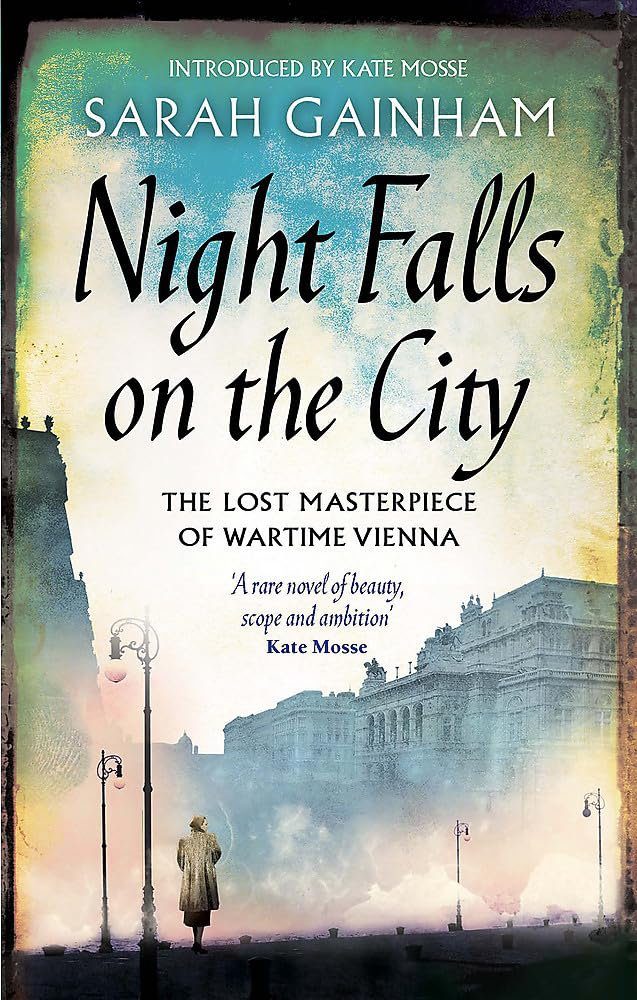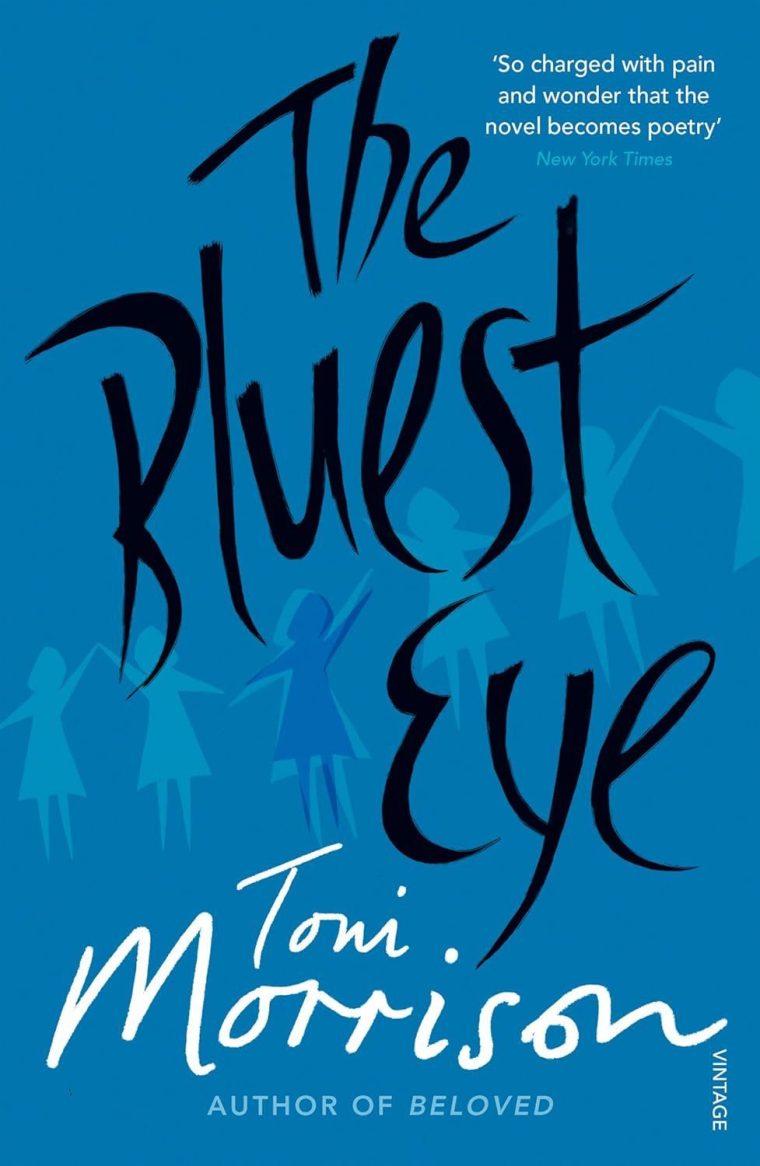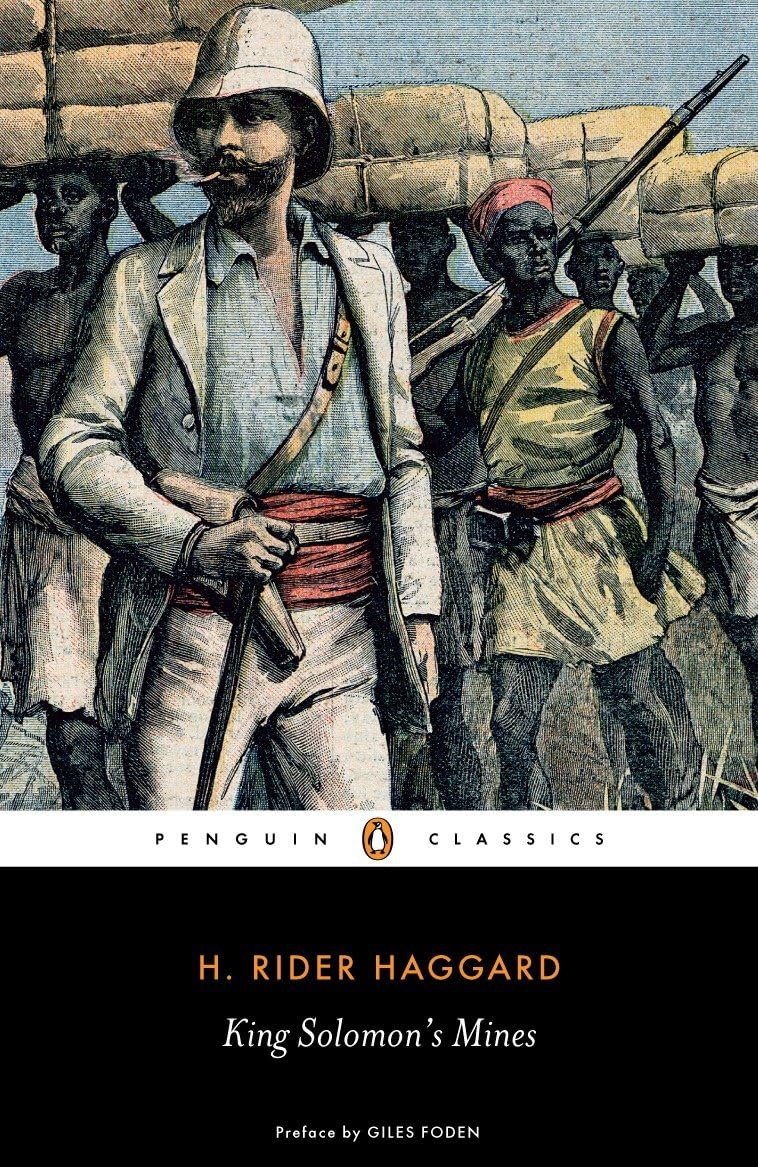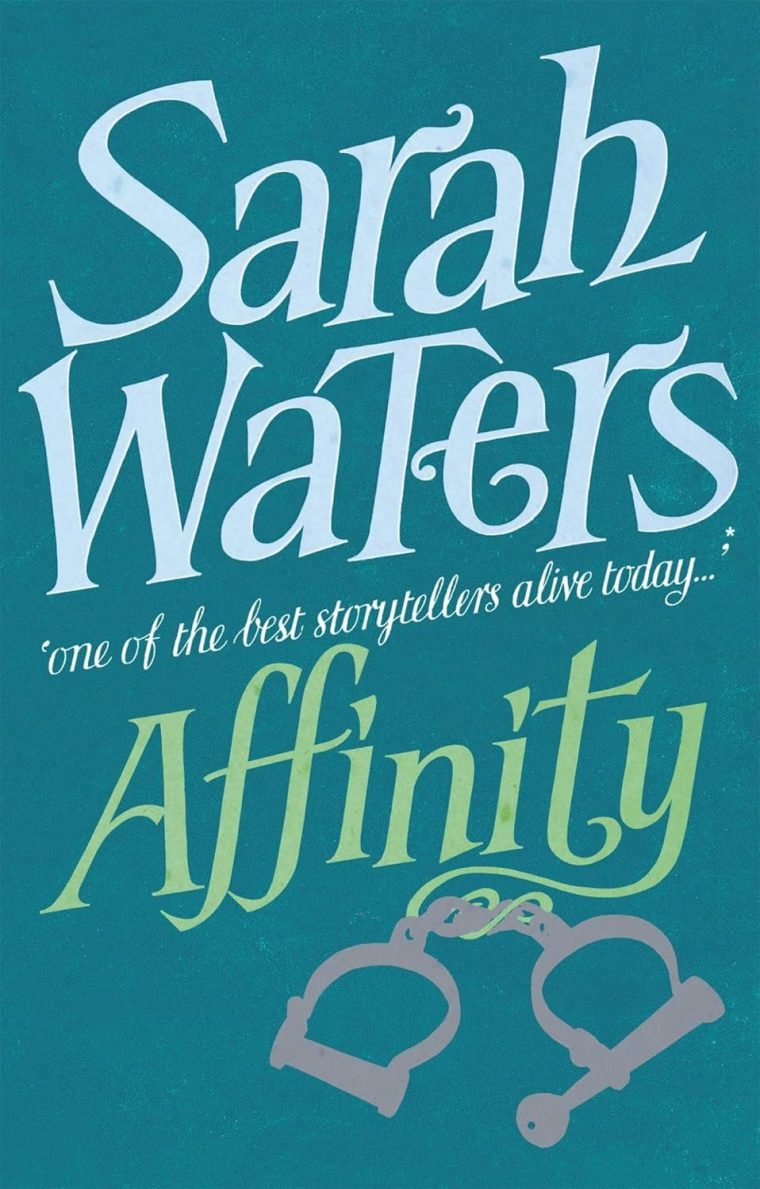Kate Mosse doesn’t just write historical fiction – she immerses you in it. From the labyrinthine streets of medieval France to the heat of 16th-century Southern Africa, her novels are known for their sweeping scope, rich detail, and unforgettable characters. With mega-bestsellers such as Labyrinth (which recently celebrated its 20th anniversary) and The Burning Chambers, she’s become one of the most compelling voices in the genre.
But which historical novels does she return to as a reader? Here, Mosse shares the books which have shaped her life and writing…
Night Falls on the City by Sarah Gainham

“This brilliant novel by British-born novelist Sarah Gainham – who moved to Vienna in 1947 and lived there until her death – resonates today as much as it did when it first came out in 1967. A book of beauty, scope and ambition, it both brings to life a particular moment in history and rejoices in the minute details of everyday life and everyday emotions. It opens in Vienna in March 1938, on the eve of the annexation – the Anschluss – of Austria by Hitler’s Germany and, from the first lines, we are plunged into the ancient city on the brink of occupation.
“In spite of the ‘blunt snouts of tanks’ on the border, this is a world of chandeliers and champagne, a life the protagonists do not yet believe will be taken from them. The tone is naive, flecked through with arrogance and disinterest for those who are suffering. By the time the novel ends – in May 1945 with the Russians entering Vienna – the guileless spirit of the opening pages has been replaced by one of despair, hopelessness, weariness after seven years of betrayal, occupation, brutality and horror. The consequences of living with tyranny, with fear and the slow death of hope, are clear. Now, as then.”
Abacus, £12.99
The Wise Woman by Philippa Gregory
“Few writers bring the world of ordinary people during the Tudor period to life as skilfully as Philippa Gregory. I was entranced when I first read this haunting story of a woman struggling to protect herself in a pitiless world and not fall foul of the violent changing politics of the time.
“To escape hardship and poverty, Alys has taken refuge in a nunnery, but finds herself thrown back into the outside world when Henry VIII’s iconoclasts destroy her sanctuary. She uses her powers – magic – to try to achieve what she wants, but any heresy against the new church means death at the stake. A gripping read.”
HarperCollins, £10.99
The Bluest Eye by Toni Morrison

“Set in 1941, Morrison‘s beautiful and uncompromising debut novel is a heartbreaking story of powerlessness, race, poverty in rural Ohio in the years following the Great Depression, and what it means to be female.
“The narrative is centred around Pecola and the hardships, abuses and misunderstandings of her life. The voice of Claudia – the daughter of Pecola’s foster parents and the narrator – adds to the sense of dislocation and tragedy. Essential reading and a novel which changes with each rereading.”
Vintage, £9.99
King Solomon’s Mines by H Rider Haggard

“This celebrated 1885 adventure story – while very much of its time and place in its outdated 19th century imperialist attitudes and values – is nonetheless still a fast-paced adventure, with a great sense of place and a surprisingly modern hero (though often less than heroic!).
“That is, Allan Quatermain, who weeps and swashbuckles and misunderstands his way across the continents and pages. My beloved father first read it aloud to me when I was little, and the memory of that excitement, the jeopardy, the peril remains with me nearly 60 years later.”
Penguin Classics, £8.99
Affinity by Sarah Waters

“Set in London in the 1870s, this is a duet between two very different women: Margaret, unhappily unmarried – and recovering from both the death of her father and her own failed suicide attempt – becomes a ‘Lady Visitor’ to Millbank Prison.
“There she becomes entranced – obsessed, really – by Selina Dawes, a medium of spirits. Bristling with atmosphere of time and place, brimful of the sense of Victorian London, it’s a novel of eroticism, of longing and of what it means to be ‘other’ in a world where women’s lives are so limited by society.”
Virago, £10.99
Kate Mosse is Founder Director of the Women’s Prize. Her no-nfiction book ‘Warrior Queens & Quiet Revolutionaries: How Women (Also) Built the World’ is out now in paperback (Pan, £10.99)
